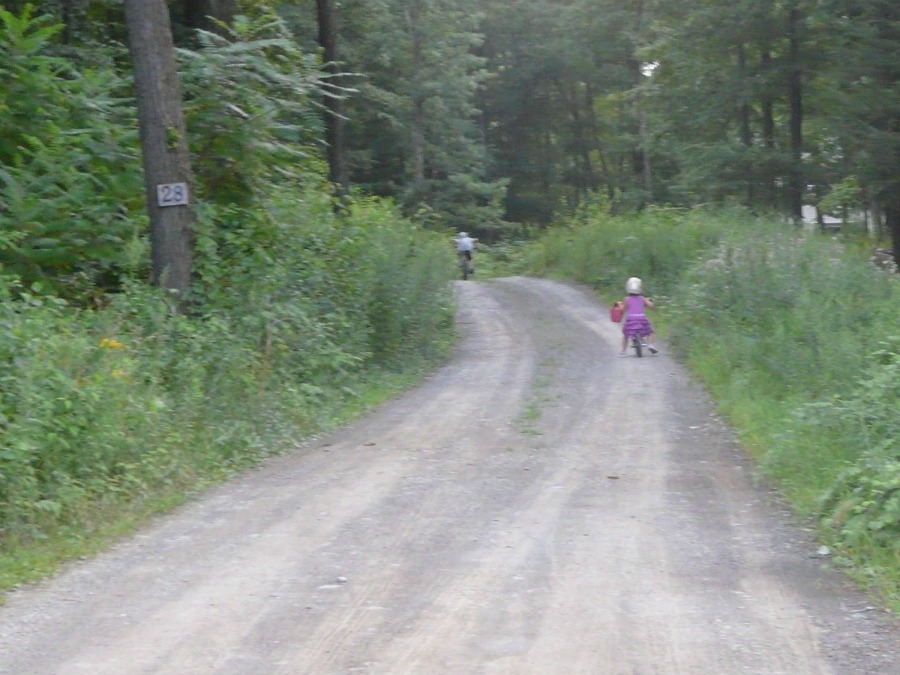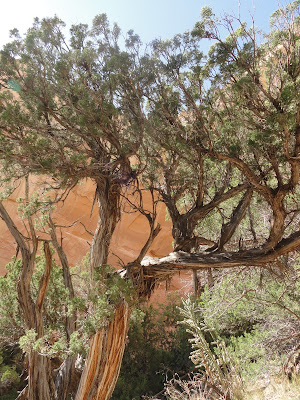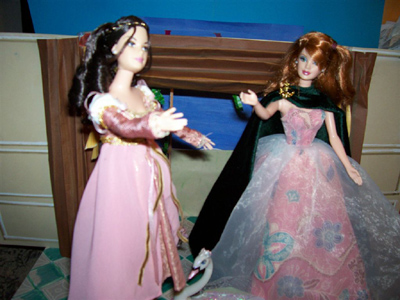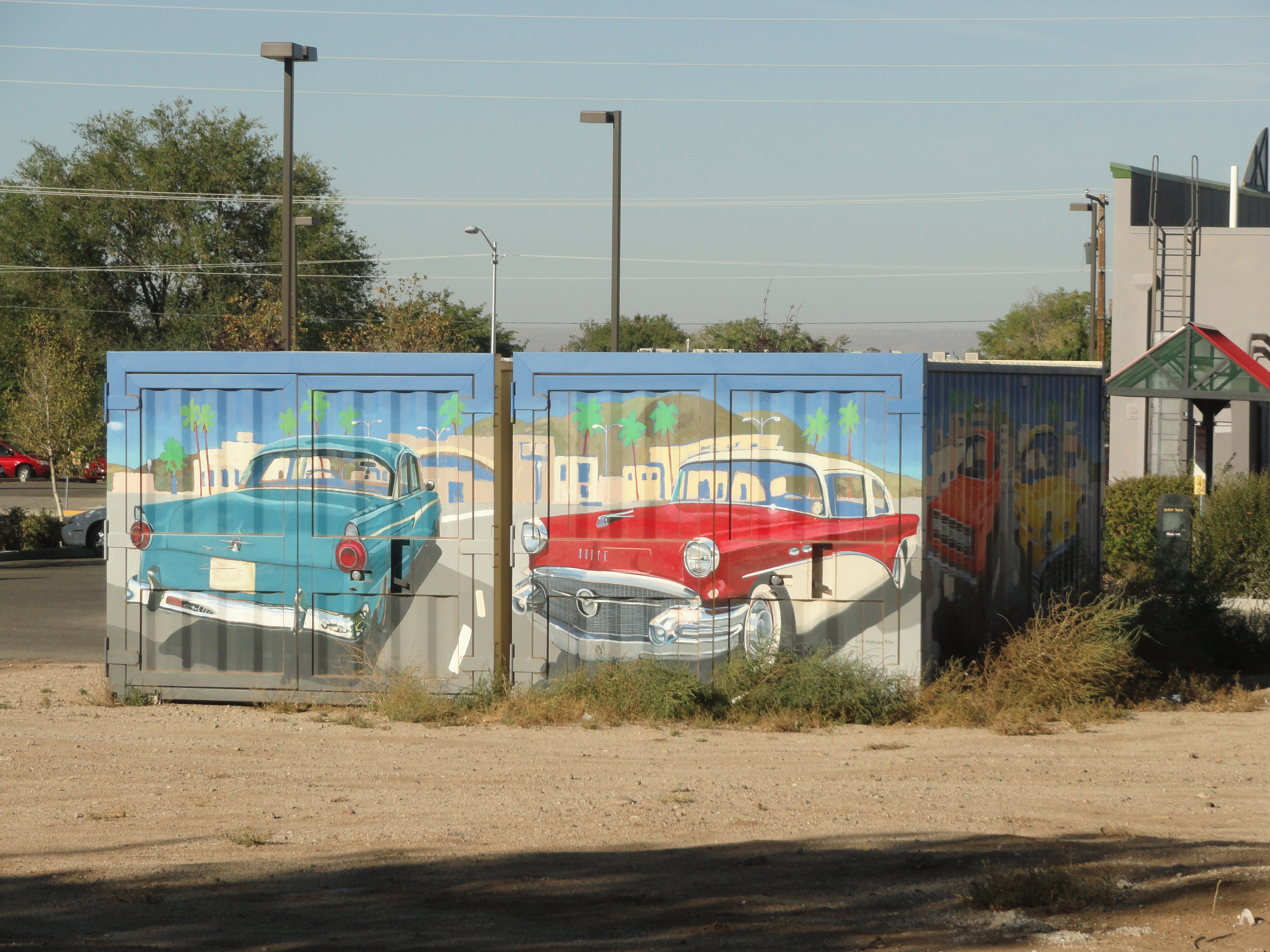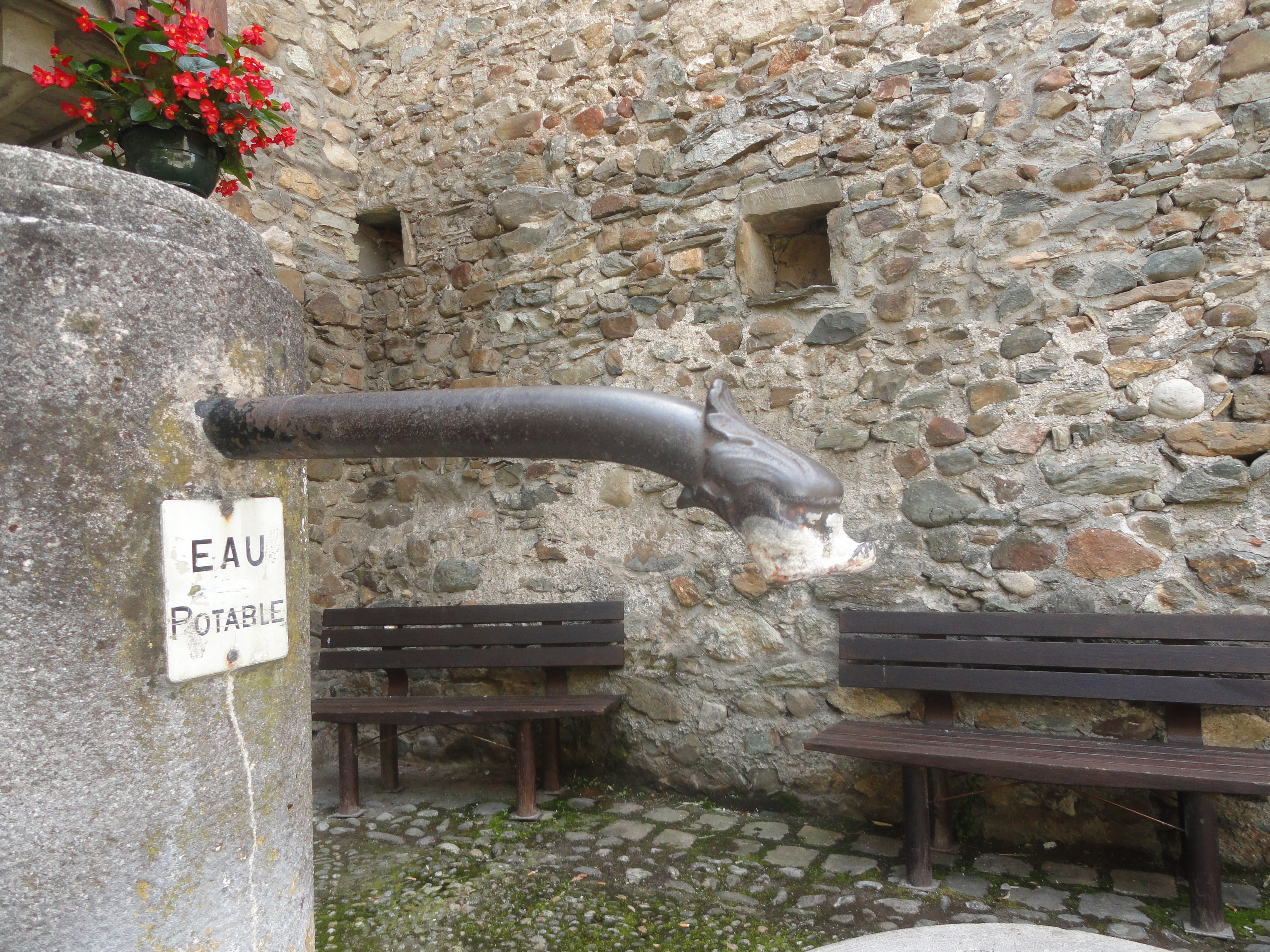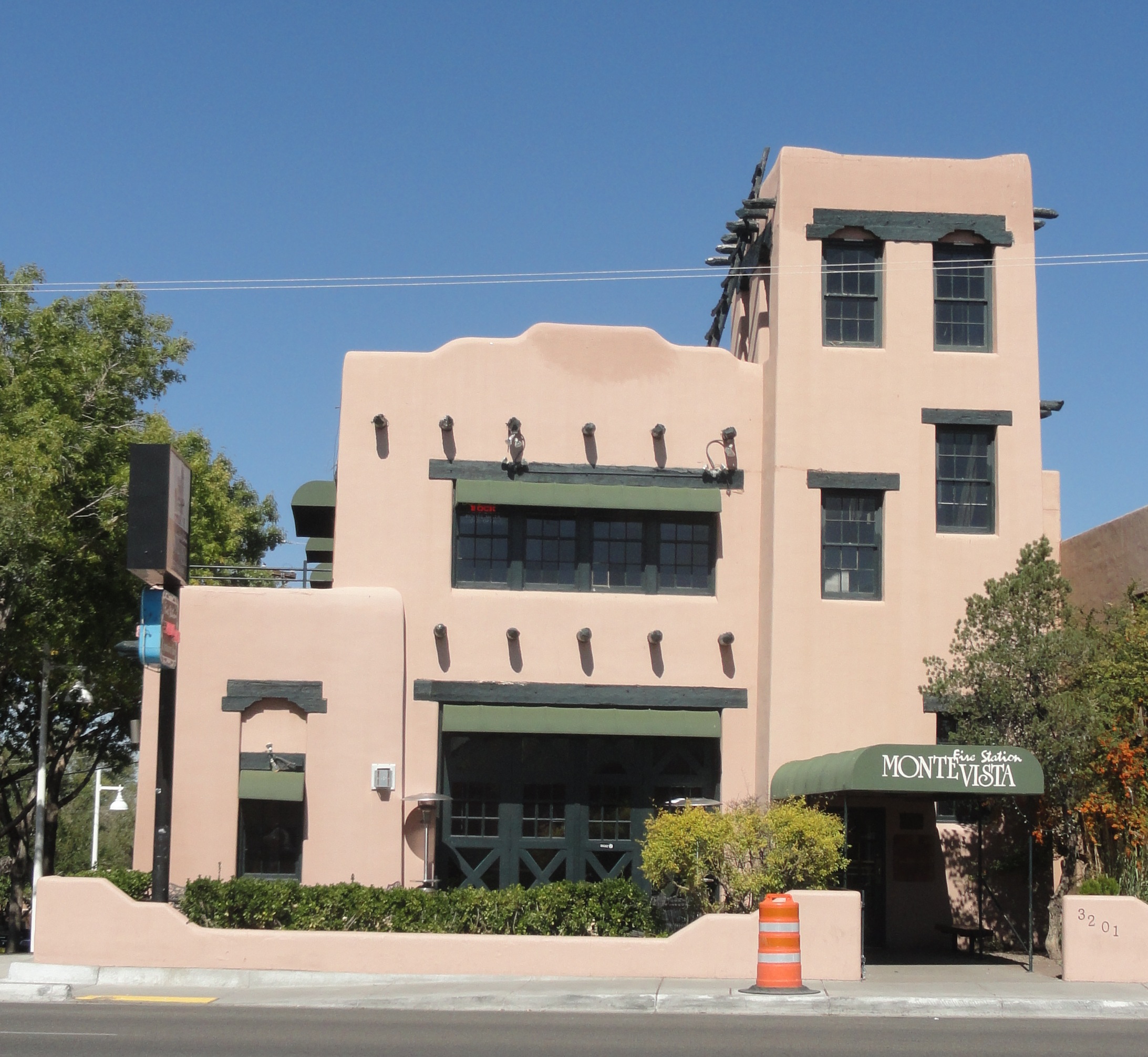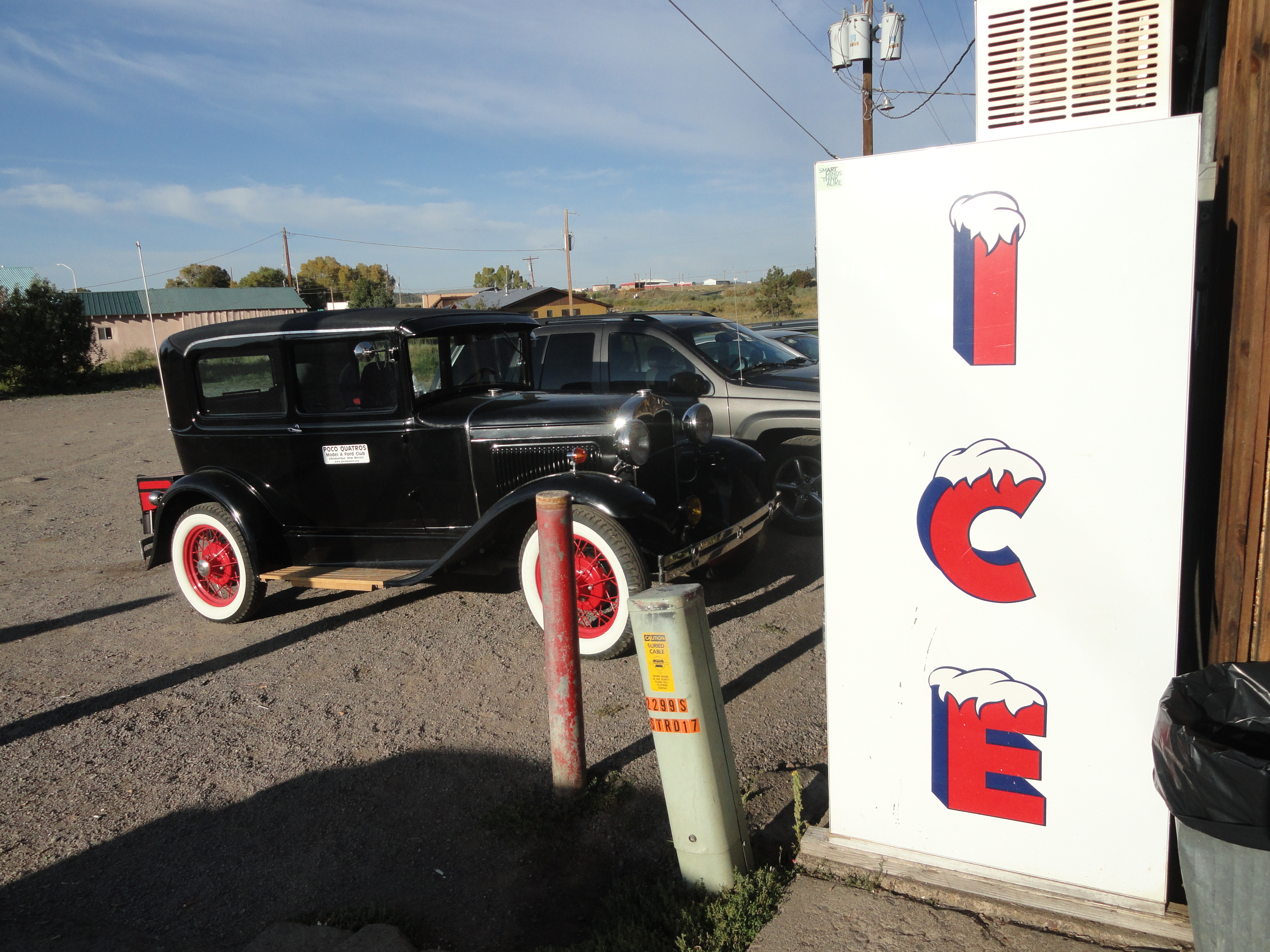Your own bicycle is powered by your own legs, steered by your own hands. It stops when you stop, goes where you want to go. But it's not that you are always responsible for your own movement. You are not just left to figure it out for yourself. When you prefer to have some level of assistance getting where you want to go, you also have tandem bicycles and bike trailers available to you. You get to choose if you want help and what kind and how much. And your parents are ready to help whenever and however you want them to.
No matter which kind of bicycle you are on, there is no separation between you and the outside world. No window to look out. You can smell the real world, hear the real world, stop and touch the real world. You are part of the real world. There are paths to follow if you want to, but your rides are not limited to the paths.
. . . .
photo by Vickie Bergman
